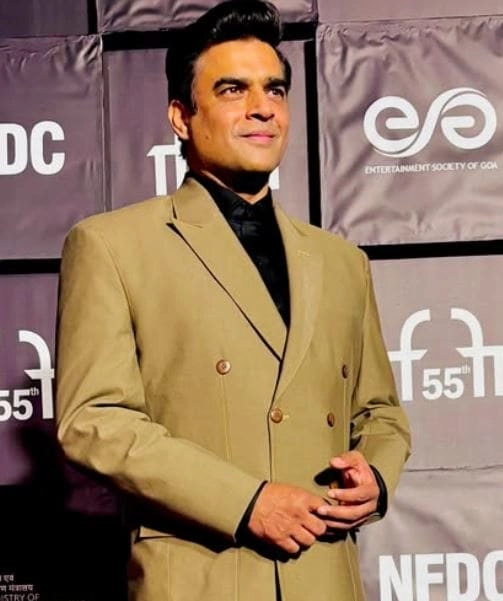In a recent press conference, former President Donald Trump found himself in a heated exchange with a reporter regarding the lack of decisive action against Russia. The question, which aimed to probe Trump’s stance on the geopolitical tensions involving Russia, caught the audience’s attention when he responded with an unexpected remark about India. This seemingly off-topic answer sparked curiosity and confusion, leading to further discussion about Trump’s foreign policy perspectives during his presidency.
The reporter’s inquiry touched upon the ongoing issues related to Russia’s influence on global affairs, particularly in Eastern Europe and beyond. Trump’s reply, which mentioned India, highlighted his tendency to pivot discussions toward topics he deemed more favorable or relevant to his administration’s agenda. Critics argue that this response reflects a broader pattern of dismissing serious inquiries about Russia’s actions, particularly in light of ongoing conflicts and sanctions. The underlying frustration stems from a perceived inconsistency in how the former president addressed foreign policy concerns, especially regarding adversarial nations.
As the dialogue unfolded, it became clear that Trump’s comments were not just a defensive maneuver but also indicative of his unique approach to international relations. By diverting attention to India, a country with which he sought to strengthen ties during his presidency, Trump appeared to sidestep the complexities of the Russia situation. This strategy has raised questions about the effectiveness of his administration’s policies and the potential implications for U.S. foreign relations moving forward. The exchange not only showcased Trump’s communication style but also underscored the ongoing debate surrounding American engagement with global powers like Russia and the expectations placed on leaders in addressing such critical issues.
In essence, Trump’s interaction with the reporter serves as a microcosm of the broader challenges inherent in U.S. foreign policy. It highlights the ongoing struggle to confront authoritarian regimes while balancing diplomatic relationships with allied nations. As the world watches these developments, the importance of clear and consistent messaging from leaders becomes increasingly critical in navigating the complex landscape of international politics. The implications of Trump’s remarks may resonate far beyond the immediate context, shaping public perception and influencing future policy discussions surrounding U.S. engagement with Russia and other global players.




